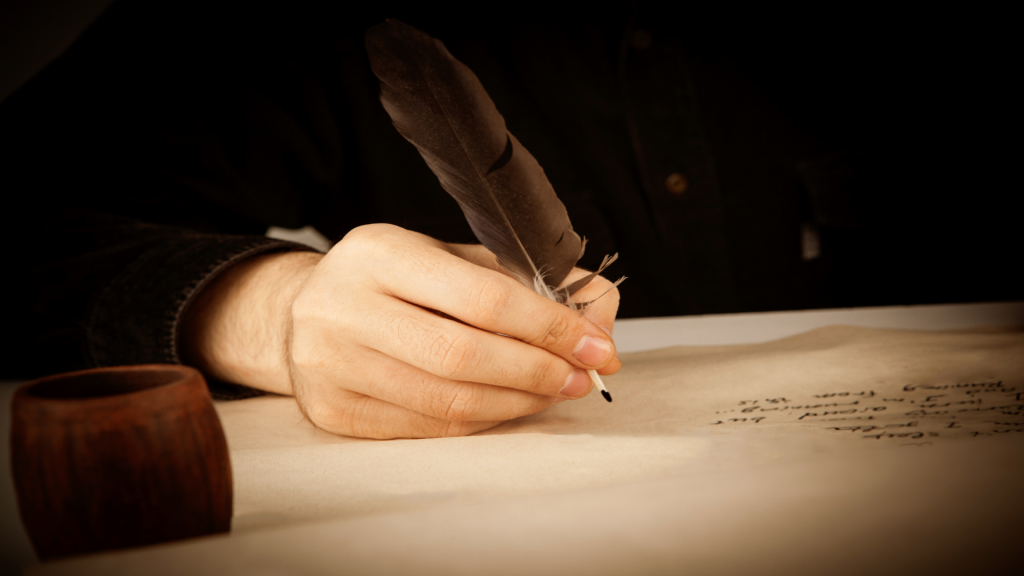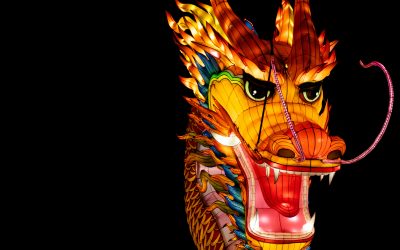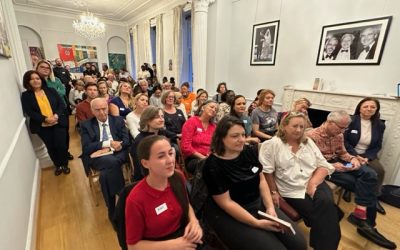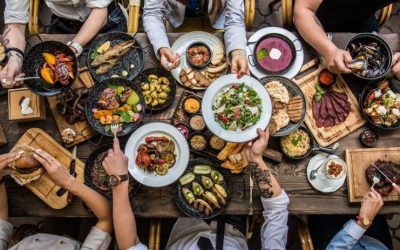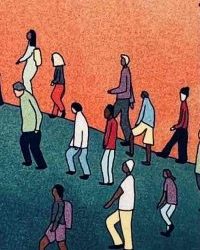Written together with Muna Alyusuf
Poetry is a wonderful way of forming connections across different cultures, as shown by the TGIUK and TImePeaceApp event – The Poetry Hour, where migrants shared their favourite poems.
A celebration of poetry which resonates across all cultures
This week TogetherintheUK held a joint event with TimePeaceApp – the Poetry Hour. We asked people who had migrated to the UK to read their favourite poem or to share with us one that they had written. We heard poems that:
- Shared suffering
- Inspired hope
- Remembered childhood
- Gave comfort and enabled someone in a very difficult time to go on, to live
- Shared stories of courage and of human nature
- Shared that we are always learning, as a result of our struggles, we grow
Poetry turned out to be a wonderful way of forming connections across different cultures, of understanding each other a little bit more. So, poetry is a way of expressing what it is to be human and in learning this, we can change our state. Even to know, that someone can express in a poem the pain that they feel can mean that others feel they are not alone. We heard how when a poet felt very isolated, he wrote a poem on hope – to give himself hope – and it worked for the author and for us. We heard, through the poem, the idea of hope differently and we could all feel the intensity of what it meant, when you are in a difficult place to summon up all your resources, to focus on the positives in your life and that things will be better.
Muna’s Reflection on Poetry
I cannot remember any time of my live that poetry was not an integral part in it. Poetry is so indigenous to the Arabic culture that reciting poetry was a companion of gathering, outing and even family games.
Poetry was and remains a godsend, a salvation to my heart and my spirit. Poetry had always filled my heart with a glow that defied my own despair time and time again. It is food for the soul without which our souls are left barren and our voices are muted; It is the verses that inspire, sooth, and drive our senses to dance.
I am always thankful for poetry; the ones I know and the ones I accidentally come across. I have learned to spot poetry on the go.
I enjoy poetry in general and write few scattered verses here and there in Arabic. Below I share two poems that are written in Arabic and translated by me into English.
One of my top favourite poets is Mahmoud Darwish, the renowned Palestinian poet
I share with you a few lines of his poetry:
The Pigeons Fly
Mahmoud Darwish – Palestine
The pigeons fly,
the pigeons perch…
Prepare the earth for me to rest.
I love you unto weariness,
your morning is the fruit for songs
and this evening is gone
and we own the shadow moving on to its shadow
In the marble
I resemble myself when I hang myself,
Onto a neck that embraces none other than the clouds,
you are the air that bare itself in front of me like the grape’s tears,
you are the beginning of the family of waves clinging to the shore when exiled.
I love you,
you are the beginning of my soul, and you are the end…
the pigeons fly
the pigeons perch…
I also share a poem I wrote for my mother and grandmother:
You are my Fatema
Fatema for my beginnings
Fatema for my endings
you
Fatema for my silences
Fatema for my narratives
You are my Fatema
******************
Within the shadow of stillness
I am possessed by a woman
She tastes of silence and defeat
I am possessed by a woman
Who kisses the echo of my silence
There I am defeated by my trepidation
At the gate of truth
*******************************************************
I behold a face that resembles my anguish
I hear a voice that resembles my muteness
I sway between the edge of a dream and the taste of the impossible
I sway between the possibilities of my muteness and my rupture
Teresa’s reflections on poetry
I often think of how Nelson Mandela read and reread Invictus when he was imprisoned on Robben Island and how it inspired him. It then became the name of a film and of the wonderful Invictus Games for wounded soldiers, Prince Harry’s initiative. The poem focuses on overcoming adversity by knowing that you have some kind of autonomy. Even imprisoned on Robben Island, you can think your own thoughts,
‘I am the master of my fate
I am the Captain of my soul’
This poem was written in 1888, by William Henley after he had his leg amputated and another one under the threat of amputation, to give himself fortitude. 133 years later, it still resonates. This, my friends, is the power of poetry.
My own favourite book of poetry is ‘The Prophet’ by Kahlil Gibran, an obvious choice but for so many good reasons. I read the poem about gardening at my mother’s funeral (she was a great gardener). I read the poem on children at my nephew’s christening. I use his insights on teaching. If you are looking for wisdom, it is in the Prophet.
And my favourite poem to read aloud is ‘The Silkworms’ by Douglas Stewart. It is an ‘emotional short story’, it tells of how we reach out for more but we are confined by our culture, our ancestors and we don’t realise, ‘ancestral voices bind them in dream too deep for wind or word to find them’. This phrase allows us to be conscious that we may have more choices than we think we do.
Our invitation to you
We are running a storytelling competition. If you have written a poem, we would love to publish it on our website and perhaps, it will win a prize. We can tell you, for sure, that what you have to say, will be meaningful to somebody else.
We will be running the Poetry Hour every three months, please do join us – either to share your poem or to listen to others. Look out for the next date on our events page.
